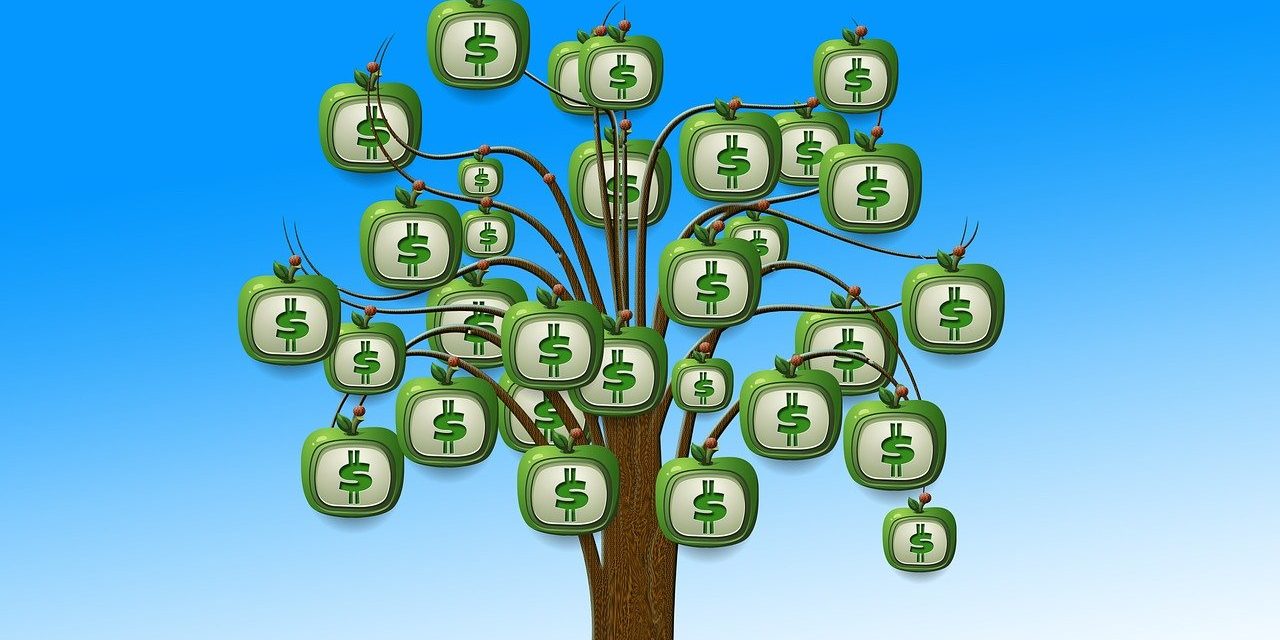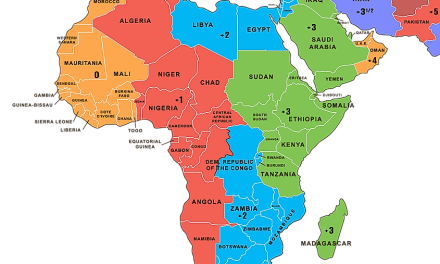So, you’re curious about the currency exchange rate in Botswana, huh? Well, buckle up because we’re about to give you the inside scoop. Botswana, a landlocked country in southern Africa, uses the Botswana Pula (BWP) as its official currency. But what exactly is the exchange rate for this Pula? Stay tuned, as we unravel the mystery and shed some light on the fluctuating rates that govern the currency exchange in Botswana.
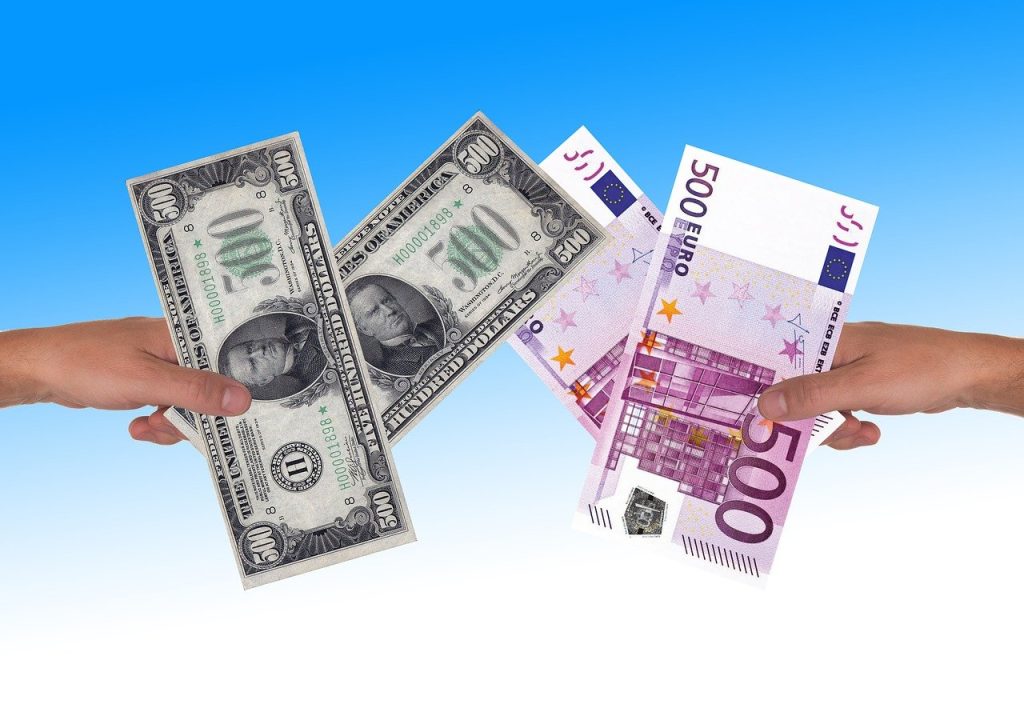
Overview of Botswana
Botswana is a landlocked country located in Southern Africa. It shares borders with South Africa, Namibia, Zimbabwe, and Zambia. The country has a total land area of about 581,730 square kilometers and is known for its diverse landscapes, including the Kalahari Desert, the Okavango Delta, and the Chobe National Park. Botswana is also home to a rich array of wildlife, making it a popular tourist destination.
Geography
Botswana has a diverse geography, with vast plains, arid deserts, and wetlands. The country is largely covered by the Kalahari Desert, which is a semi-arid region characterized by sandy and grassy plains. In the northwest, the Okavango Delta is a unique ecosystem, known for its intricate network of waterways and abundant wildlife. Botswana is also home to the Makgadikgadi Pans, a sprawling salt flat that transforms into a lush landscape during the rainy season.
Economy
Botswana has one of the fastest-growing economies in Africa, thanks to its abundant mineral resources, particularly diamonds. The country has been able to leverage its diamond industry to drive economic growth and improve living standards. In addition to diamonds, Botswana also exports copper, nickel, coal, and soda ash. The government has implemented policies to diversify the economy, focusing on sectors such as tourism, agriculture, and manufacturing.
Currency
The official currency of Botswana is the Botswana Pula, denoted as BWP. The Pula is divided into 100 thebe. The currency is managed by the Bank of Botswana, which is responsible for maintaining price stability and monetary policy in the country. The Pula is widely accepted throughout Botswana, and most businesses and establishments prefer payment in the local currency.
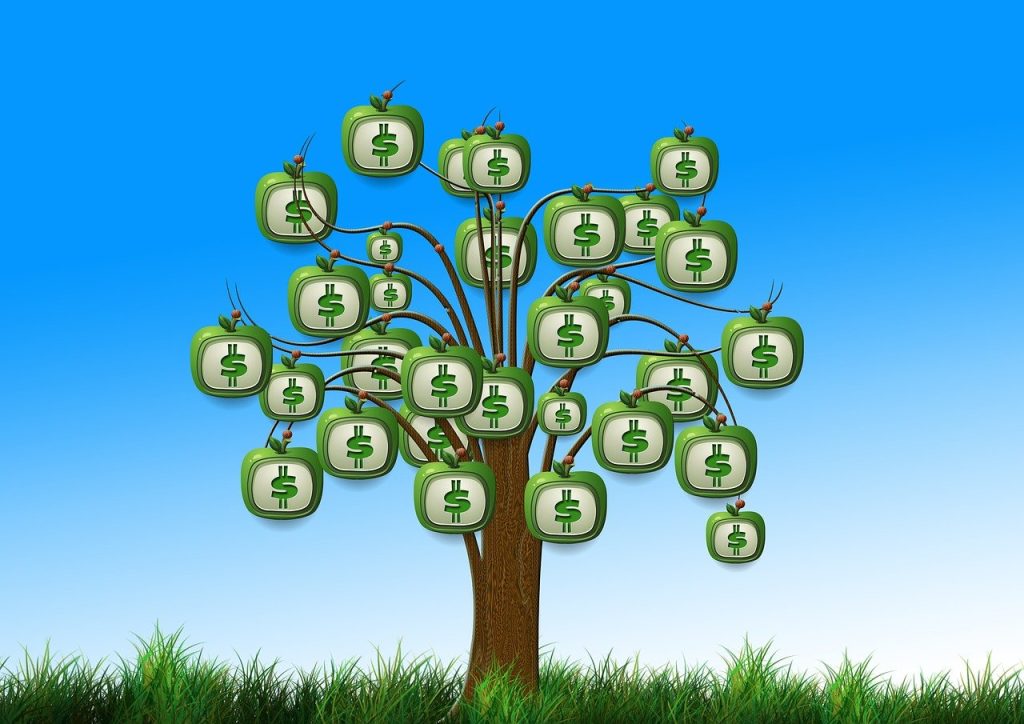
Factors Influencing Currency Exchange Rate
The exchange rate of a currency is influenced by various factors, including supply and demand, interest rates, political stability, inflation, and economic performance. These factors can cause fluctuations in the value of a currency relative to other currencies.
Supply and Demand
The exchange rate of a currency is affected by the supply and demand for that currency in the foreign exchange market. If there is high demand for a currency, its value will increase relative to other currencies, and vice versa. Factors such as trade flows, foreign investment, and remittances can impact the supply and demand for a currency.
Interest Rates
Interest rates play a significant role in determining the exchange rate of a currency. Higher interest rates can attract foreign investors, leading to an increased demand for the currency. This increased demand can cause the value of the currency to appreciate. Conversely, lower interest rates can decrease the demand for a currency and lead to its depreciation.
Political Stability
Political stability is a crucial factor in determining the exchange rate of a currency. Countries with political instability are seen as risky by investors, who may choose to withdraw their investments or avoid investing altogether. This can lead to a decrease in demand for the country’s currency and a depreciation in its value.
Inflation
Inflation, or the rate at which prices of goods and services increase, can impact the exchange rate of a currency. High inflation erodes the purchasing power of a currency, making it less attractive to investors. Countries with lower inflation rates may have a more stable currency and attract foreign investors.
Economic Performance
The overall economic performance of a country, including factors such as GDP growth, employment rates, and productivity, can affect the exchange rate. A country with a strong economy is more likely to attract foreign investors and have a stable currency. Conversely, a weak economy may lead to a decrease in demand for the currency and its depreciation.
The Botswana Pula (BWP)
History and Background
The Botswana Pula was introduced in 1976, replacing the South African Rand as the country’s official currency. The name “Pula” means “rain” in Setswana, the national language of Botswana, and symbolizes the importance of water in the country’s arid climate. The introduction of the Pula marked an important step in Botswana’s journey towards economic independence.
Current Exchange Rate
The exchange rate of the Botswana Pula fluctuates against other currencies. It is important for individuals and businesses to stay updated on the current exchange rates when engaging in currency exchange transactions. The exchange rate can be influenced by various economic factors, as well as global events and market conditions.
Exchange Rate Policy
The exchange rate policy in Botswana is managed by the Bank of Botswana, in line with its mandate to maintain price stability and monetary policy. The central bank monitors the exchange rate and intervenes in the foreign exchange market if necessary to maintain stability. The policy aims to strike a balance between promoting economic growth and maintaining price stability.
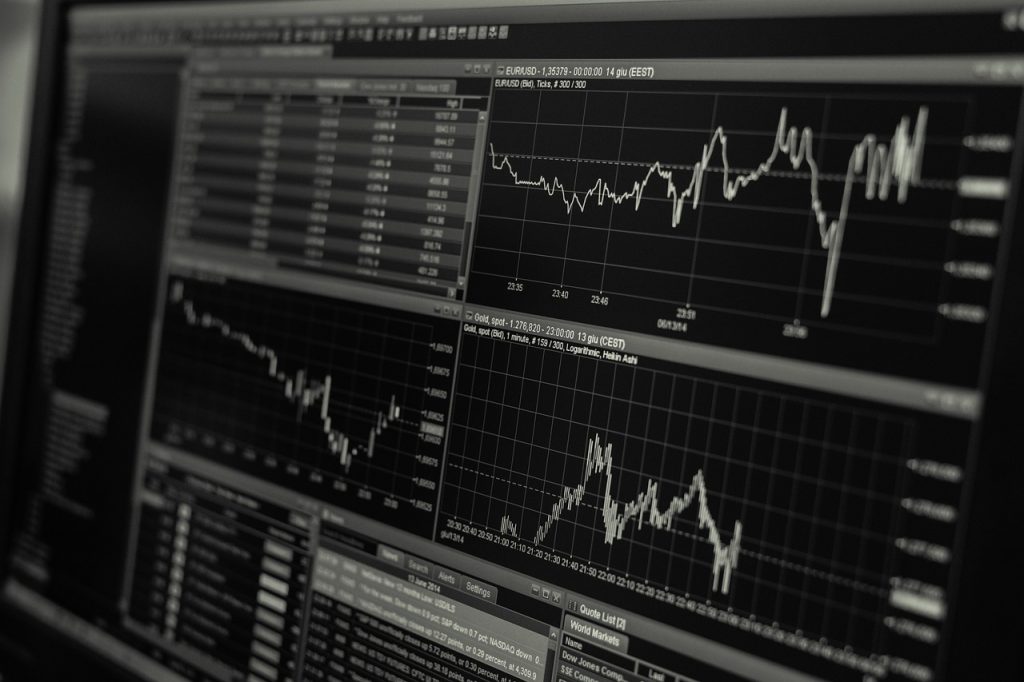
Currency Exchange Methods in Botswana
When visiting Botswana, there are several methods available for currency exchange. It is essential to consider factors such as convenience, exchange rates, and fees when choosing a currency exchange method.
Banks and Financial Institutions
Banks and financial institutions in Botswana offer currency exchange services to both locals and foreigners. This method is often considered reliable and secure, as banks typically have proper procedures in place. However, it is important to be aware of the exchange rates and any fees associated with the transaction.
Foreign Exchange Bureaus
Foreign exchange bureaus are another option for currency exchange in Botswana. These establishments specialize in providing currency exchange services and often offer competitive exchange rates. However, it is crucial to research and compare rates at different bureaus to ensure the best possible exchange rate.
Hotel and Airport Exchanges
Hotels and airports in Botswana may also provide currency exchange services for the convenience of travelers. While this option may offer convenience, the exchange rates are often less favorable compared to banks or foreign exchange bureaus. It is advisable to only use these services when no other options are available.
Factors Affecting Exchange Rates in Botswana
In addition to the global factors that influence exchange rates, Botswana experiences specific factors that impact its currency exchange rates.
Global Economic Factors
Botswana’s exchange rates are influenced by global economic factors such as changes in international trade, geopolitical events, and global market conditions. Fluctuations in major currencies, such as the US Dollar or Euro, may have a ripple effect on the value of the Botswana Pula.
Tourism
As a popular tourist destination, Botswana’s exchange rates can be influenced by the number of tourists visiting the country. Increased tourism can lead to a higher demand for the local currency, resulting in an appreciation of the Pula. Conversely, a decrease in tourism can impact the exchange rate negatively.
Exports and Imports
Botswana’s exports and imports play a significant role in determining its exchange rates. The country relies heavily on diamond exports, so any changes in the global demand for diamonds can impact the value of the Pula. Similarly, changes in import patterns can affect the demand for foreign currencies and, consequently, the exchange rate.
Foreign Investment
Foreign investments in Botswana also influence the exchange rate. When there is an influx of foreign investment, there is an increased demand for the local currency, which can lead to its appreciation. Conversely, a decrease in foreign investment can result in a depreciation of the currency.
Implications of Exchange Rate Fluctuations
Exchange rate fluctuations can have various implications for individuals, businesses, and the economy of Botswana. Understanding these implications is essential for making informed decisions regarding currency exchange.
Imports and Exports
Exchange rate fluctuations impact the cost of imports and exports. When the local currency appreciates, imported goods become relatively cheaper, benefiting consumers. However, this can make exports more expensive and less competitive in international markets. Conversely, a depreciation of the local currency makes exports more affordable and can boost the economy.
Investments
Exchange rate fluctuations can impact the value of foreign investments in Botswana. For foreign investors, a depreciation of the local currency can erode the value of their investments. However, it can also present opportunities for investors looking to enter the market at a lower cost. It is important for investors to carefully consider the potential risks and benefits of currency fluctuations.
Tourism
Exchange rate fluctuations can influence the cost of travel for tourists visiting Botswana. A strong local currency can make traveling more expensive for tourists, while a weaker currency can attract more visitors by making the country more affordable. Tourism plays a significant role in the economy of Botswana, so fluctuations in exchange rates can have a direct impact on the industry.
Inflation
Exchange rate fluctuations can affect the rate of inflation in a country. A sharp depreciation of the local currency can lead to higher inflation, as the cost of imported goods and raw materials increases. This can have a negative impact on the purchasing power of consumers and the overall economy.
Remittances
Exchange rate fluctuations can also impact the value of remittances received from abroad. When the local currency strengthens, the value of remittances in terms of the local currency decreases. This can have implications for individuals and families who rely on remittances for their livelihoods.
Tips for Currency Exchange in Botswana
When exchanging currency in Botswana, it is essential to consider a few tips to ensure a smooth and favorable transaction.
Research and Compare Rates
Before exchanging currency, it is advisable to research and compare exchange rates offered by different banks and exchange bureaus. This allows you to find the best possible deal and avoid unnecessary fees or unfavorable rates. Online resources and mobile apps can be valuable tools for researching exchange rates.
Avoid Exchanging at Airports
Exchange rates at airports are often less favorable compared to banks or exchange bureaus. It is recommended to avoid exchanging large sums of money at airports unless necessary. If you must exchange currency at an airport, it is advisable to exchange only a small amount for immediate needs and exchange the rest at a more favorable location.
Understand the Exchange Process
It is important to have a basic understanding of the currency exchange process in Botswana. Familiarize yourself with the currency denominations and be aware of any counterfeit risks. Double-check exchanged currency to ensure accuracy and count your money before leaving the exchange location. If you have any doubts or concerns, do not hesitate to ask questions or seek assistance.
Currency Exchange Regulations in Botswana
Botswana has certain currency exchange regulations in place to maintain financial stability and prevent illegal activities.
Foreign Exchange Controls
Botswana has foreign exchange controls in place to regulate the flow of currency in and out of the country. These controls aim to maintain monetary stability, prevent money laundering, and ensure the efficient use of foreign currency reserves. Individuals and businesses must comply with these regulations when engaging in currency exchange transactions.
Limitations on Currency Import and Export
There are limitations on the amount of foreign currency that can be imported or exported from Botswana. Travelers must declare any amount exceeding the set limits when entering or leaving the country. Failure to comply with these regulations can result in penalties or legal consequences.
Currency Exchange Risks in Botswana
While currency exchange is generally safe in Botswana, it is important to be aware of potential risks and take necessary precautions.
Counterfeit Currency
Like any other country, Botswana is not immune to the risk of counterfeit currency. It is crucial to be vigilant and familiarize yourself with the security features of the local currency. Handle currency carefully, and if there are any doubts about the authenticity of a banknote, it should be reported to the authorities immediately.
Scams and Fraud
Currency exchange scams and fraudulent practices can occur anywhere. It is important to be cautious when dealing with unfamiliar exchange providers or individuals offering suspiciously favorable rates. Stick to reputable banks or established foreign exchange bureaus to minimize the risk of encountering scams or fraud.
Security Risks
Carrying large amounts of cash can pose security risks. It is advisable to only carry the amount of cash needed for immediate expenses and store the rest in a secure location, such as a hotel safe or a bank. Use caution when using ATMs and be mindful of your surroundings to avoid becoming a target for theft or pickpocketing.
Conclusion
Currency exchange in Botswana plays an important role in facilitating trade, tourism, and investment. Understanding the factors that influence exchange rates, the different methods of currency exchange, and the associated risks is crucial for individuals and businesses. By staying informed and taking necessary precautions, travelers and residents in Botswana can navigate currency exchange transactions with confidence and make the most of their financial transactions in the country.

